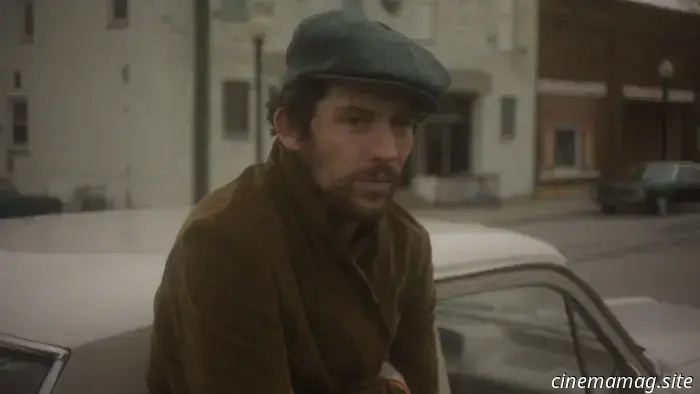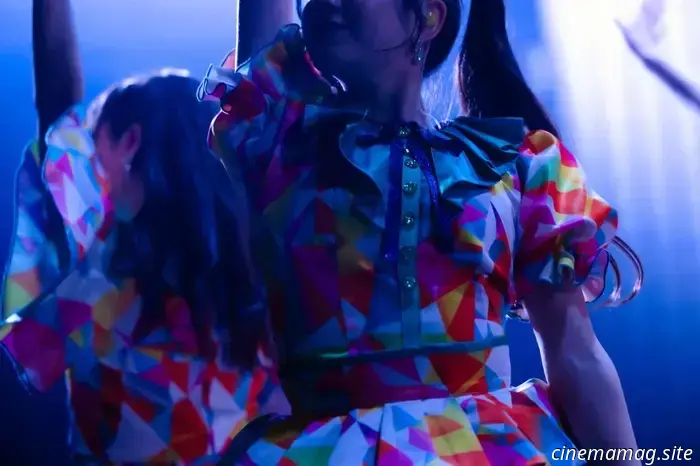
Cannes Review: In Kelly Reichardt’s The Mastermind, Crime Proves to be a Losing Proposition
For the second time in three years, Cannes' competition concludes with a film featuring Josh O’Connor as a disheveled man from the late 20th century with a talent for stealing masterpieces. Following (in spirit or otherwise) Alice Rohrwacher’s La Chimera is Kelly Reichardt’s The Mastermind, an exploration of form that is so thorough and confident that even Robert Bresson might have admired it. No one anticipated this versatile director’s inaugural heist film would mirror Ocean’s 11, but The Mastermind is notably devoid of extravagance. It features a jazzy score by Rob Mazurek and even more jazzy opening credits, yet it firmly remains a Reichardt creation: with its stunning, wooded landscapes and autumn hues, it evokes the true experience of art theft in the early 1970s.
Regardless, The Mastermind will be recognized as a new entry in the heist genre, as it rightfully deserves. Most essential elements are present: a singularly driven leader, the assembling of a crew (including a bearded David Krumholz), the formulation of a scheme, the execution, and anxious moments in and around the getaway vehicle. The world will not tire of these tropes before I am long gone, yet Reichardt isn’t aiming for immediate gratification. Similar to Bresson’s L’Argent, The Mastermind features sparse dialogue, which may disappoint those who noted Alana Haim’s name in the cast, remembered her charm in Licorice Pizza, and eagerly anticipated her next appearance. She represents one of several beloved actors with limited material to work with here, apart from O’Connor. Gabby Hoffman, John Magaro, and Matthew Mayer have memorable scenes, but their characters remain somewhat undeveloped amidst the narrative.
O’Connor portrays James Blaine: the Mooney family patriarch, husband to Terri (Haim), and father to two sons (Sterling and Jasper Thompson), all of whom appear oblivious to his occasional disappearances during family outings at the Framingham Museum of Art (shot at IM Pei’s Cleo Rogers Memorial Library in Columbus), only to return with a priceless totem hidden in his glasses case. The museum’s lax security inspires Mooney, the son of a judge (the formidable Bill Camp), to devise a plan to steal four paintings by Arthur Dove, recognized as the first American surrealist. He gathers a crew with a loan from his mother (a watchful Hope Davis), lying about the money being for a proposed architectural project. Later, we see him hide the stolen works in a pigsty (a notably extended sequence even by this film’s standards) without a clear idea of their next steps. Much of this unfolds in the initial half-hour, with Reichardt appearing more interested in exploring the consequences that follow: how the local mob will respond and how Mooney’s lack of planning will lead to his downfall.
Watching the film on Friday, I was reminded of a scene in The Parallax View when Warren Beatty arrived at LAX in his Ford Torino, breezed through a metal detector, and boarded a commercial flight without ever showing a ticket. This sense of public trust or naivety was fading at the start of the 1970s, a sentiment that gives Reichardt’s film (set against the backdrop of the Vietnam War) a unique intensity, framing Mooney’s actions––putting his family's present and future at risk for his vague quest––in an even more selfish light. Is there a commentary here about the current state of the nation, a culture of self-interest, and the erosion of ideals? Perhaps, though Reichardt wisely leaves much open to interpretation. The film gradually builds toward a conclusion that intertwines a final loss of principles with social unrest and poetic justice.
With The Mastermind, Reichardt delivers a distinctive film, even among similarly enigmatic genre efforts. You find yourself waiting for a moment of catharsis, the existential monologue in the third act that would elevate our morally ambiguous protagonist’s actions to a grand, ineffable significance––perhaps a commentary on crime as a form of performance art, or vice versa. Yet even this is notably absent. Such an absence may alienate certain viewers. I left the theater feeling both deeply engaged and strangely unsettled.
The Mastermind premiered at the 2025 Cannes Film Festival and will be distributed by MUBI.

Cannes Review: In Kelly Reichardt’s The Mastermind, Crime Proves to be a Losing Proposition
For the second time in three years, the Cannes competition concludes with a film featuring Josh O’Connor as a disheveled man from the late 20th century who has a talent for stealing masterpieces. Following (in spirit or otherwise) Alice Rohrwacher’s La Chimera is Kelly Reichardt’s The Mastermind, a formal experiment that is so meticulous and confident that even Robert Bresson might have

